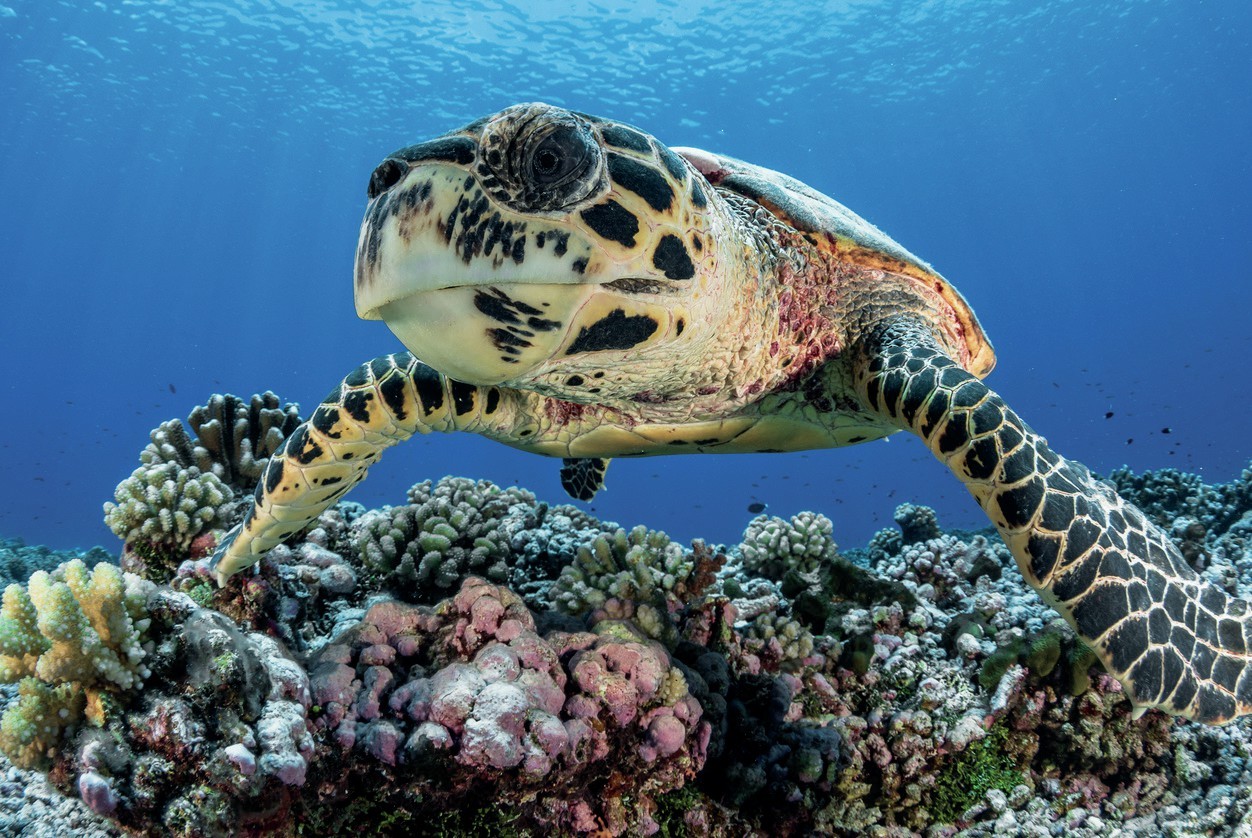Did you know?
Manta rays are covered in a mucous film that protects them from harmful bacteria, and if it gets removed it can leave the ray open to illness and damage their immune system. This is why it’s a big no-no to touch mantas in the wild.
Tuamotu Islands
RANGIROA
One of the most-abundant marine biodiversity in the world, a concentration of emotions in this atoll, recognized as one of the best places for exceptional underwater encounters. In the Islands of Tahiti, Rangiroa is the place where you will have the most chances to observe the great hammerhead shark, between February and April.
Top Dive Sites
TIPUTA PASS - This 12m to 46m dive is known to be the meeting place of bottlenose dolphins, Tursiops truncatus, wild sedentary dolphins that live in the Tiputa pass right above a gathering of grey sharks.
AVATORU PASS - In this pass, you will meet the tapete, white-finned reef sharks. A little further on you will observe a huge school of jacks, sometimes separated into two groups by the intrusion of a raira, grey shark or a Napoleon fish.
FAKARAVA
Classified as a Biosphere Reserve by UNESCO, Fakarava is a model of nature reconciled with human development. During the breeding season, from mid-June to the beginning of July, one can observe very large gatherings of mottled loaches. These magical moments are awaited by many divers around the world.
Did you know?
Tahiti is the largest island in French Polynesia, the South Pacific archipelago covering 403 square miles (1,043 square km). Shaped like a figure-8, it’s divided into Tahiti Nui (the larger, western section) and Tahiti Iti (the eastern peninsula).
Top Dive Sites
GARUAE PASS - The largest in the Islands of Tahiti. The show is always guaranteed whatever the time of year Barracuda, loaches, grouper and rays live there with a greater concentration during the full moon.
TETAMANU PASS - Often presented as the largest concentration of grey sharks in the world, the Tetamanu pass, or Tumakohua pass, offers an unforgettable spectacle in depths of 10m to 30m.
TIKEHAU
Famous for its landscapes and the beauty of its passes. Tikehau is considered as the atoll with the largest concentration of fish throughout the Tuamotu. The only pass of the island is the gathering place for pelagic species and promises to offer you beautiful encounters.
Turtle
“ One of the most-abundant marine biodiversity in the world, a concentration of emotions in this atoll, recognized as one of the best places for exceptional underwater encounters ”
Sharks and Rays Cruising
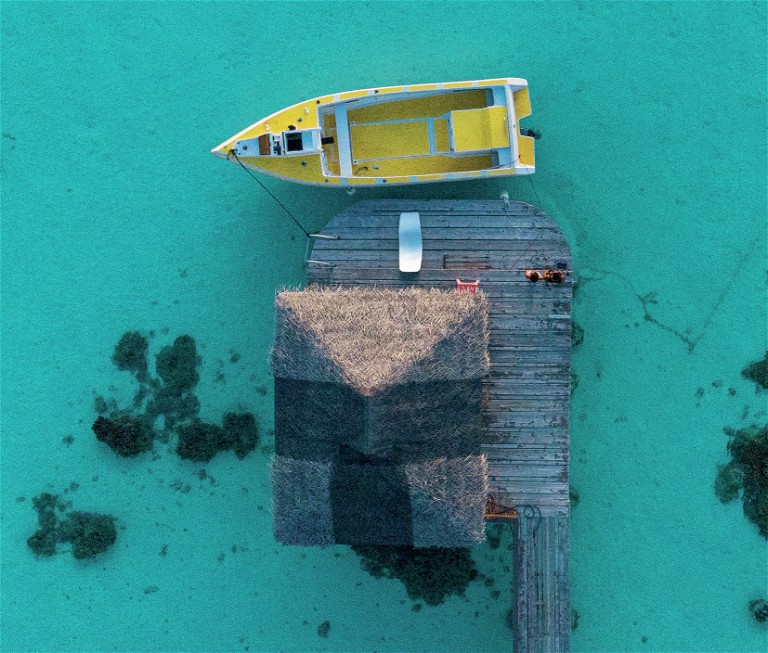
Boat pick up from a villa
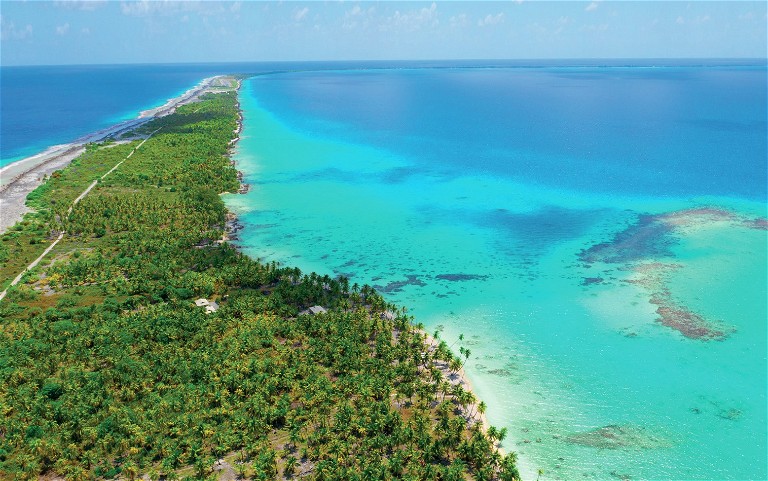
Topside is truly stunning
“ This atoll, with its unique pass, offers beautiful and easy dives, accessible to all with the fauna of the Tuamotu ”
Top Dive Sites
THE TUHEIVA PASS - Accessible for all levels. All the reef fauna is represented: moray eels, Napoleon fish, barracuda and tuna are frequent visitors. Almost every day, you will meet a group of tapete (whitetip lagoon shark).
TEONAI - All the marine fauna of the Tuamotu Islands is present in Teonai where you can find lionfish, moray eels, Napoleons, surgeonfish, and whitetip lagoon sharks. The richest period of the year for marine fauna is from October to December.
MANIHI
This atoll, with its unique pass, offers beautiful and easy dives, accessible to all with the fauna of the Tuamotu. Manta rays are often present and the reproduction of grouper offers an uncommon underwater spectacle at the June solstice period.
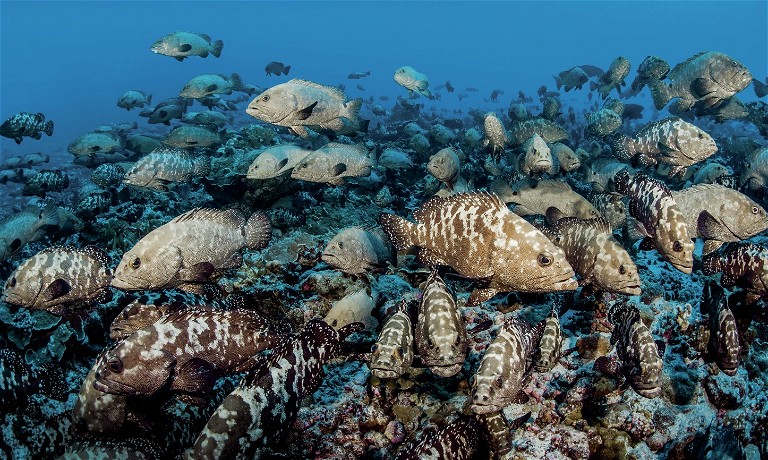
Aggregation of grouper
“ You will be able to observe a remarkable fauna and moving archaeological underwater remains ”
Top Dive Sites
THE TURIPAOA PASS - Depending on the tide and the direction of the current, the dive can be done in any direction: in, out and even across!
THE CIRQUE - At the entrance of the pass, the water is sometimes rough and not very clear. The current can be strong, but it is here that the manta rays offer their majestic ballet to a few privileged divers.
HIVA OA
The plankton-rich waters of the Marquesas Islands are almost primitive in appearance and attract some of the most unique species you will encounter in the Island of Tahti. Electra dolphins, scalloped hammerheads, and some caves are literally filled with stingrays. In Hiva Oa, let yourself escape out of time. The island’s seabed offers beautiful underwater explorations. You will be able to observe a remarkable fauna and moving archaeological underwater remains.
Top Dive Sites
LE RABOT - For trained divers. The caves are home to numerous moray eels some of which are smaller than the Javanese and are very colourful. The nudibranchs will dazzle you with their flamboyant colours. KUI POINT - A dive during which you will fly over cavities with a remarkable abundance of seashells, scorpionfish, and grouper. But the highlight of the show is provided by the manta.
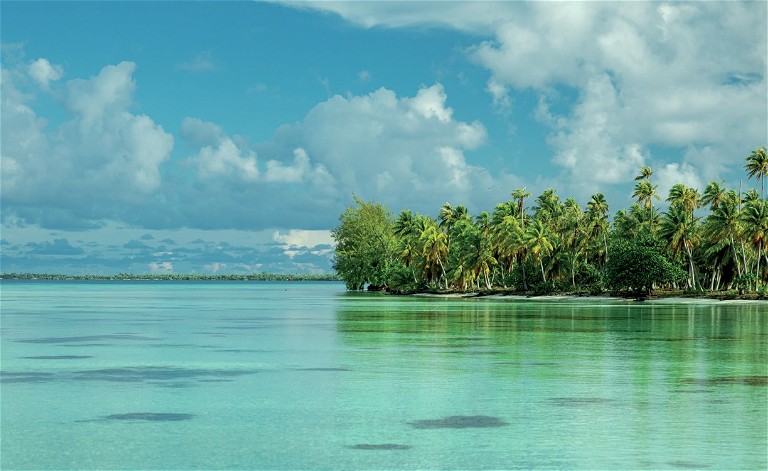
Tranquil scenes topside
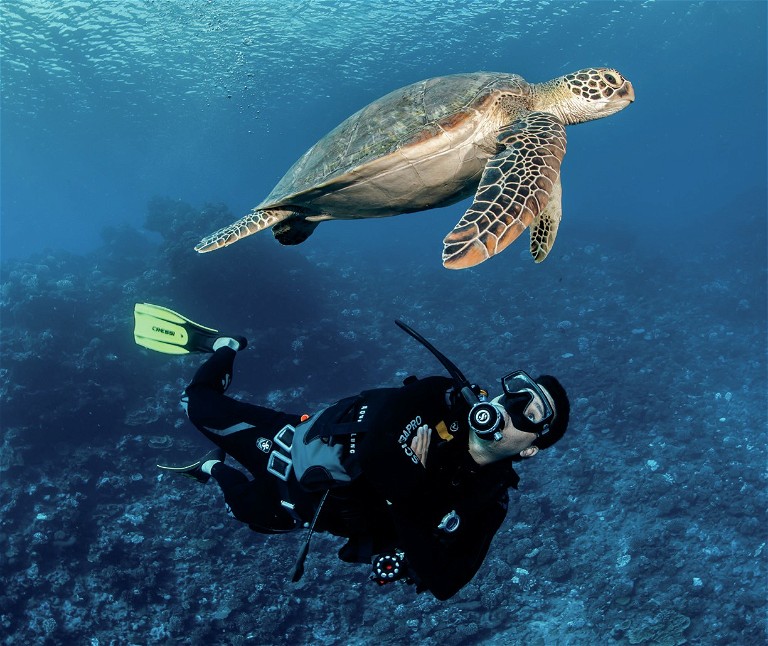
Turtle cruising along the reef
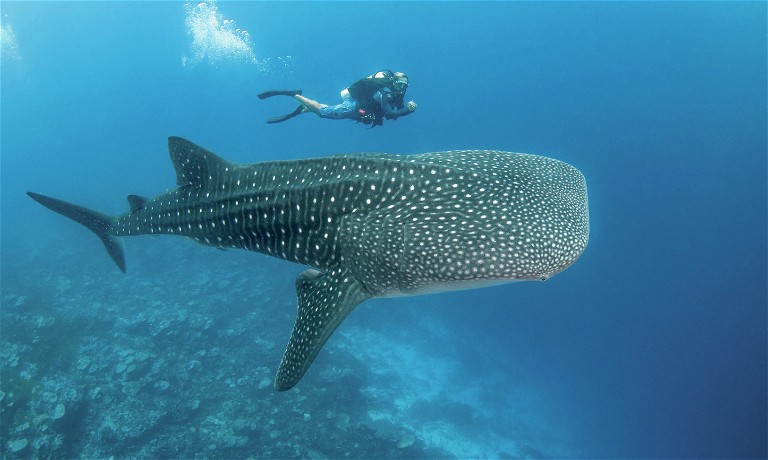
Whaleshark
Austral Islands
TUBUAI
The only diving centre on the island offers tailor-made trips to various sites – drop-offs, coral gardens, small caves, canyons, fish refuges, pass, etc. Between July and November, you can observe humpback whales that come to give birth.
Top Dive Sites
LOU GOBI - The site is located on the left side of the pass and there are more than 30 species of corals at the bottom of this varied landscape where you will enjoy taking the time to observe a fertile underwater world.
FABULOUS DROP-OFF - Everything is said! The top of the drop off is 8m below the surface and the bottom is... bottomless! At 20m you will find the entrance to a mysterious and enchanting cave.
In Summary
Diving the Islands of Tahiti is like diving in a documentary, such is the wealth of marine life on offer, and the topside scenery is not bad either!
